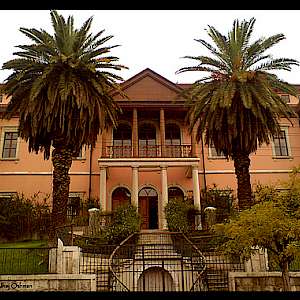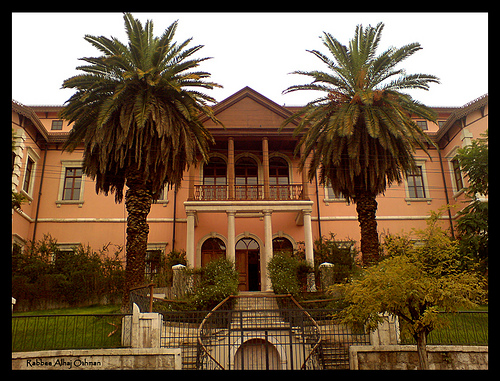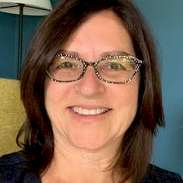
Nairuz
Nairuz describes how her son was the first of the family to leave Syria:
"We did not want to leave (Syria) because I had my work and my husband had his work, but after high school, (my son) Mohammed enrolled in Damascus University for medical studies. For most of the time, he commuted for 1.5 hours to university where security at checkpoints were checking every car and passengers going to Daraa. We were afraid and thought that Mohammed should travel to Egypt to study medicine there (instead). Since he was 18 years old at that time, and the Syrian regime was taking young men to join the army or even arresting them. We decided that it was better for Mohammed to leave the country, go to Egypt and register there for his medical studies. So he was the first of our family to leave Syria, when he was 18 years old."

This image of the Old Building of Damascus university - Damascus - Syria by Carlos Destefani is licensed under CC BY-NC-ND 2.0
The family later moved to the UAE, where her husband had found work, and later to Canada, where her sister helped them apply for resettlement as refugees:
"It was challenging for Mohammed because he studied in Syria for one year and in Egypt for four years. Here in Canada, he had to start over from scratch. So it was challenging for him, and we were upset for him as all his friends were graduating, and he had to start all over."
Many refugees find that their qualifications are not recognised in their host countries, which causes them difficulties in finding employment and feeling settled and valued in their new lives. This report details a 2016 pilot study in Canada that aimed to assess the educational credentials of Syrian refugees and make recommendations about the recognition of these qualifications as a route to successful integration.
